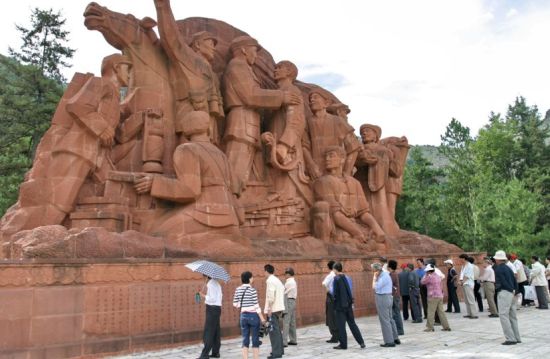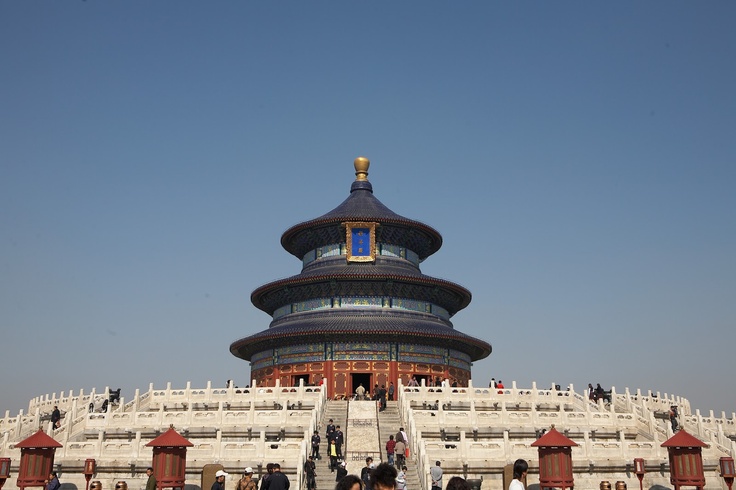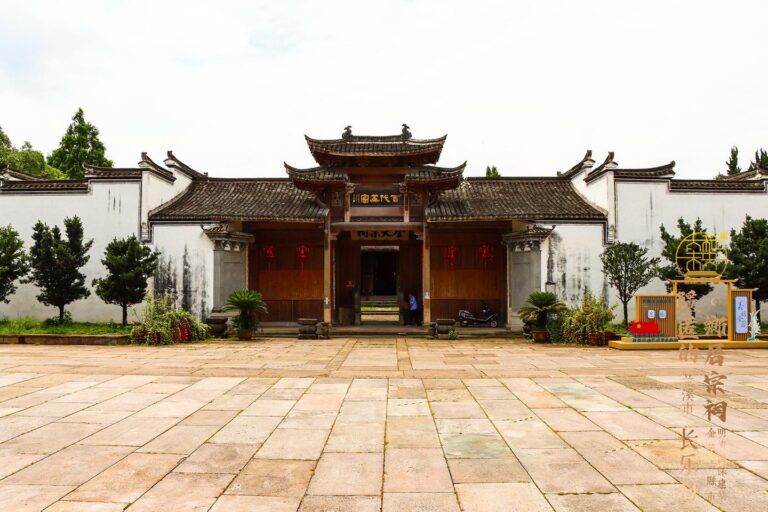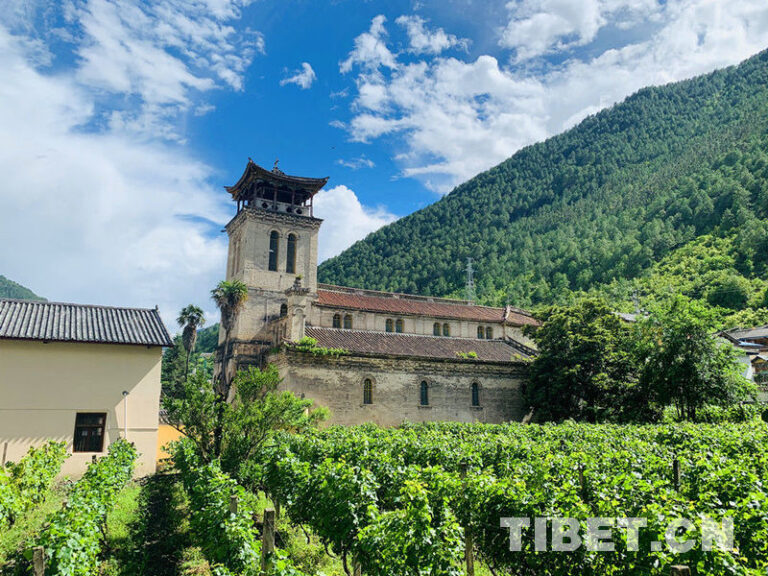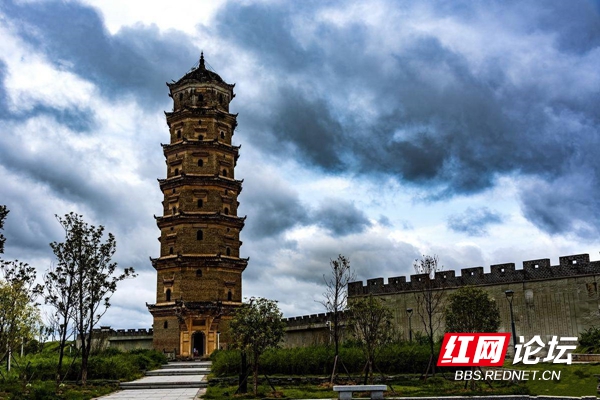Experience Serenity at Daqing Baijinbao Yizhi: A Must-Visit Destination in Heilongjiang
An Essential Guide to Visiting Daqing Baijinbao Yizhi
In This Guide
- An Essential Guide to Visiting Daqing Baijinbao Yizhi
- The Rich History of Daqing Baijinbao Yizhi
- Main Highlights: What to See at Daqing Baijinbao Yizhi
- Planning Your Visit: A Practical Guide
- Tickets, Hours, and Booking
- How to Get There
- Local Cuisine and Accommodation
- Frequently Asked Questions
- Final Thoughts on Your Trip
Nestled within the verdant landscapes of Heilongjiang Province, the Daqing Baijinbao Yizhi, or Baijinbao Ruins, offers a fascinating glimpse into China’s rich historical tapestry. Located approximately 50 kilometers west of Zhao County, this archaeological site is a treasure trove of artifacts dating back to the Bronze Age, specifically the Western Zhou period, around 2,790 years ago. Discovered in 1974, the site has since become pivotal in understanding the cultural development of the Songnen Plain and its connections to the Yellow River basin.
The Baijinbao Ruins stretch over an impressive 180,000 square meters, strategically positioned on elevated land overlooking the Nen River. The remnants of ancient structures, including semi-subterranean homes and pottery kilns, reveal a vibrant community that thrived in this region. Excavations have unearthed an array of artifacts, including intricate pottery and tools made from stone, bone, and shell, showcasing the sophisticated craftsmanship of its inhabitants.
Recognized as a national cultural heritage site since 1996, the Baijinbao Ruins not only highlight the artistic and practical skills of ancient peoples but also bridge the gap between the cultures of the Songnen Plain and the central plains of China. As you explore this remarkable site, you will not only witness the remnants of a bygone era but also feel the palpable connection to the historical narrative of human civilization in this part of the world. Whether you are a history enthusiast, an archaeology aficionado, or simply seeking to immerse yourself in the beauty of China’s past, the Baijinbao Ruins promise an unforgettable journey back in time.
The Rich History of Daqing Baijinbao Yizhi
The Daqing Baijinbao Yizhi, located in the picturesque Daqing region of Heilongjiang province, is a significant archeological site that offers a glimpse into the rich tapestry of ancient Chinese civilization. Discovered in 1974, this site has since provided invaluable insights into the cultural and historical development of the region during the Bronze Age, particularly around 2900 years ago, which corresponds to China’s Western Zhou Dynasty.
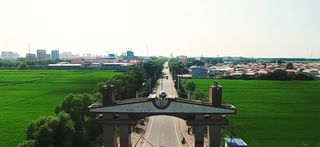
Daqing Baijinbao Yizhi.
Nestled on the left bank of the Nen River, the Baijinbao site spans an impressive area of approximately 180,000 square meters. Its geographical positioning—south of the expansive riverbed and north of a second-level terrace—creates a unique landscape that has played a vital role in its preservation and discovery. The site features distinct layers of cultural deposits, with the upper layers rich in artifacts, suggesting a thriving settlement and vibrant community life.
Archaeological excavations at Baijinbao have unearthed a wealth of relics, including residential structures, storage pits, and kilns. Notably, three house foundations and over forty storage pits were identified, revealing the architectural styles and living conditions of the era. The artifacts recovered, such as pottery, stone tools, and bone implements, reflect the daily life and craftsmanship of the inhabitants, showcasing the connection between the Baijinbao culture and other contemporaneous cultures along the Huang He (Yellow River) basin.
The pottery discovered at the site is particularly significant, characterized by distinctive forms such as tripods and bowls, which illustrate the cooking and serving practices of the time. The presence of such artifacts indicates a cultural exchange between the Nen River basin and the Central Plains, highlighting the interconnectedness of ancient Chinese societies.
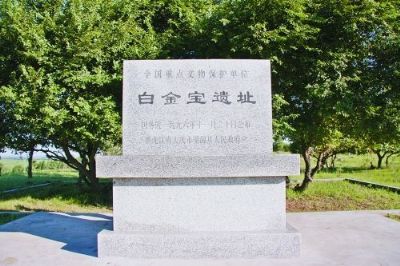
Daqing Baijinbao Yizhi.
In recognition of its archaeological importance, the Baijinbao Yizhi was designated a National Key Cultural Relic Protection Unit in 1998. This status not only underscores the site’s historical value but also reflects ongoing efforts to preserve and promote the cultural heritage associated with it. Plans are underway for a dedicated museum that will further showcase the Baijinbao culture and its contributions to the understanding of pre-Han Chinese archaeology.
Today, the Baijinbao Yizhi stands as a testament to the ingenuity and resilience of ancient communities, bridging the past with the present. It serves not only as a site for scholarly research but also as an educational resource for visitors eager to explore the intricacies of China’s archaeological heritage. As the confluence of three major rivers nearby continues to shape the landscape, the echoes of history resonate within the serene surroundings of Baijinbao, inviting future generations to discover and appreciate its enduring legacy.
Main Highlights: What to See at Daqing Baijinbao Yizhi
Located in the scenic Heilongjiang Province of China, the Daqing Baijinbao Yizhi (白金宝遗址) is an archaeological treasure that offers a fascinating glimpse into the Bronze Age. Discovered in 1974, this site is a significant landmark in the study of ancient Chinese civilization, particularly the cultural evolution of the Songnen Plain.
Rich Historical Significance
The Baijinbao site dates back approximately 2,790 years, corresponding to the Western Zhou dynasty, making it a crucial point of interest for historians and archaeologists alike. The site has yielded a wealth of artifacts, including pottery, stone tools, and bronze implements, which showcase the advanced craftsmanship and cultural practices of the people who lived here. The discoveries provide valuable insights into the trade and cultural exchanges between the Songnen Plain and the central Yellow River basin.
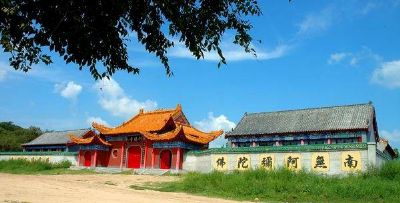
Daqing Baijinbao Yizhi.
Archaeological Findings
Excavations have revealed multiple building foundations, storage pits, and kilns, along with over 40 pits containing a variety of pottery. Notable artifacts include distinctive ceramics characterized by their geometric patterns and animal motifs. The presence of cooking vessels, bowls, and other utensils suggests a rich culinary tradition and indicates a sophisticated lifestyle.
Cultural Heritage
The Baijinbao culture, recognized for its unique artifacts, has been acknowledged as a national key cultural heritage site since 1996. Visitors can appreciate the significance of the site, which helps to fill the gaps in the archaeological timeline of the region. Plans for a dedicated Baijinbao Cultural Museum are underway, aiming to showcase the findings and provide a comprehensive overview of the cultural context of this ancient civilization.
Stunning Natural Setting
Nestled along the banks of the Nenjiang River, the site is surrounded by breathtaking natural landscapes, offering a serene atmosphere for exploration. The elevated terrain provides panoramic views of the river and its confluence with the Second Songhua River, making it a picturesque location for both history enthusiasts and nature lovers.
Visiting Information
Daqing Baijinbao Yizhi is open to visitors from 8:00 AM to 5:00 PM daily, allowing ample time to explore its rich history. The site is easily accessible, located just 50 kilometers west of Zhaoyuan County, making it a convenient stop on any travel itinerary through Heilongjiang Province.
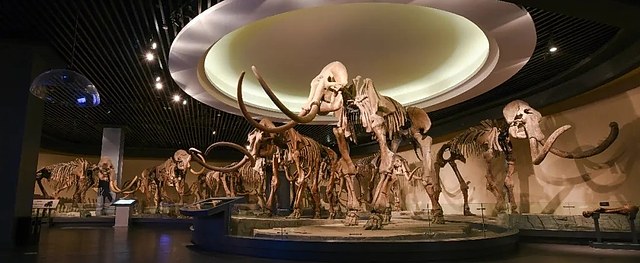
Daqing Baijinbao Yizhi.
Whether you are a history buff, a culture seeker, or simply looking to enjoy the natural beauty of the region, the Daqing Baijinbao Yizhi promises an enlightening and memorable experience.
Planning Your Visit: A Practical Guide
Visiting Daqing Baijinbao Yizhi (白金宝遗址) offers a fascinating glimpse into China’s Bronze Age, specifically the Western Zhou period, and provides an opportunity to explore a significant archaeological site. Here’s a practical guide to help you plan your visit.
Location and Accessibility
Baijinbao Yizhi is situated in the Bai Jin Bao Township within the Zhaoyuan County of Daqing City, Heilongjiang Province. The site is about 50 kilometers west of Zhaoyuan’s downtown area, accessible via local roads. If you’re driving, the journey offers scenic views of the surrounding countryside. Public transportation options may be limited, so it’s advisable to confirm local bus routes or consider hiring a taxi for convenience.
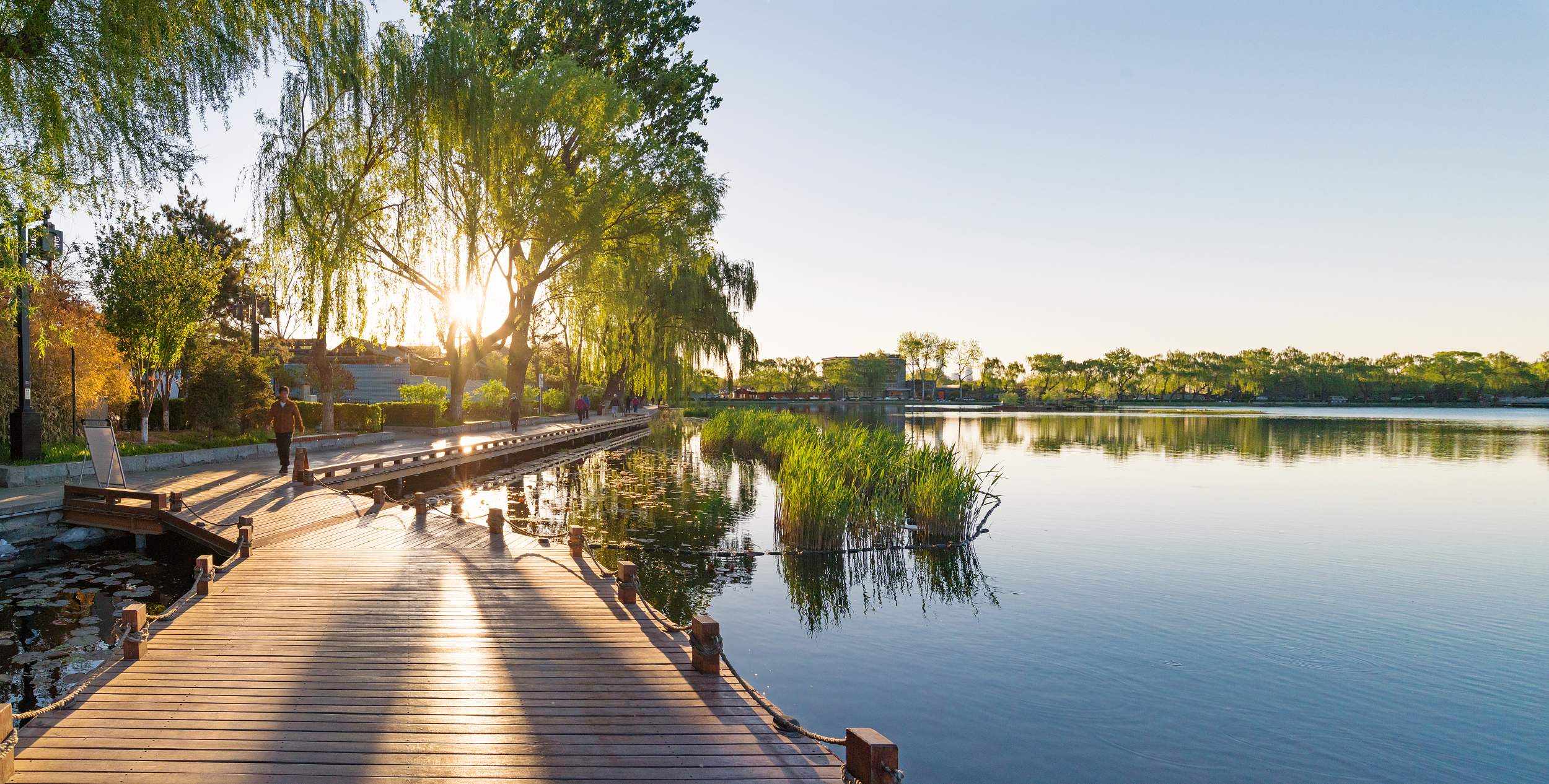
Daqing Baijinbao Yizhi.
Operating Hours
The site is open daily from 8:00 AM to 5:00 PM. It’s best to visit early in the day to avoid crowds and have ample time to explore the ruins and surrounding areas.
Admission Fees
Entry to Baijinbao Yizhi is generally free; however, it’s wise to check in advance for any changes or specific exhibitions that might have a fee.
What to Expect
Baijinbao Yizhi is an extensive archaeological site covering approximately 180,000 square meters. It features a variety of remnants from its rich history, including foundations of ancient dwellings, storage pits, and kilns. Visitors can find numerous artifacts such as pottery, stone tools, and animal remains that provide insight into the daily lives of the people who inhabited the area thousands of years ago.
The site consists of distinct cultural layers, with discoveries revealing both local and broader cultural connections, especially with the central Yellow River region. Look for the notable pottery styles that reflect culinary practices and artistic expressions of the time.
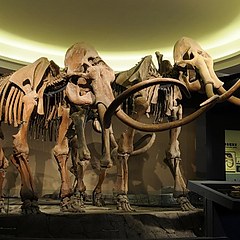
Daqing Baijinbao Yizhi.
Facilities and Services
Currently, amenities at the site may be limited. Visitors should prepare for a more rustic experience. Bring water, snacks, and sun protection, especially during warmer months. There are plans to establish a dedicated museum nearby, which will enhance the visitor experience by showcasing the artifacts found on-site and providing more context about the Baijinbao culture.
Nearby Attractions
While in the region, consider visiting other historical sites such as the Yanfu Temple, located about 1.4 kilometers away. The beautiful natural landscapes around the Nenjiang River also offer opportunities for photography and leisurely walks.
Tips for Visitors
- Dress Comfortably: Wear sturdy shoes suitable for walking on uneven terrain, as the site features exposed earth and ruins.
- Photography: Capture the stunning landscapes and ancient structures, but be respectful of any restrictions regarding where photography is permitted.
- Guided Tours: If available, consider joining a guided tour to gain deeper insights into the significance of the artifacts and the history of the site.
- Timing Your Visit: Early mornings or late afternoons provide the best light for photography and a more tranquil experience as the site tends to be less crowded.
Conclusion
Daqing Baijinbao Yizhi is a must-visit for history enthusiasts and those interested in Chinese culture. The archaeological discoveries at this site not only enhance our understanding of the past but also provide a unique opportunity to connect with a significant chapter in Chinese history. With this guide, you are well-prepared to explore and appreciate the rich heritage of the Baijinbao ruins.
Tickets, Hours, and Booking
Visiting Daqing Baijinbao Yizhi (白金宝遗址) is an enriching experience for history enthusiasts and curious travelers alike. This significant archaeological site is located in the picturesque region of Zhaoyuan County, Heilongjiang Province, and offers visitors a glimpse into the rich cultural heritage of the Bronze Age in China.
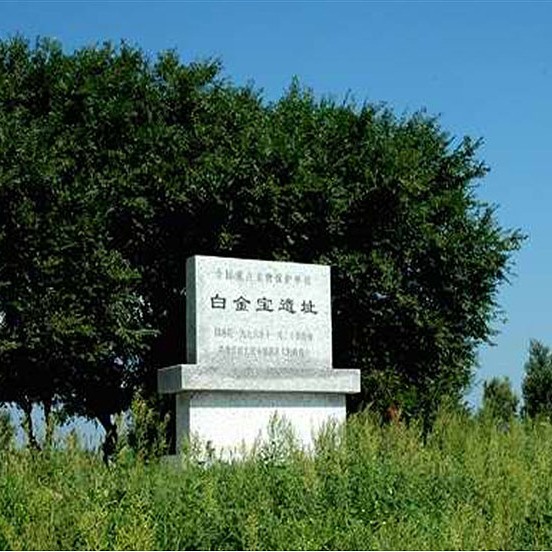
Daqing Baijinbao Yizhi.
Ticket Information
-
Admission Fee: The entrance to the Baijinbao Site is generally affordable, with tickets priced around 30 RMB. This nominal fee allows you to explore the extensive grounds and learn about the Bronze Age civilization that thrived here nearly 2,900 years ago.
-
Opening Hours: The site welcomes visitors daily from 8:00 AM to 5:00 PM. It’s advisable to arrive early to make the most of your visit, especially if you wish to explore nearby attractions.
-
Discounts: Keep an eye out for potential discounts for students, seniors, and group visits. It’s always a good idea to inquire about any available promotions when purchasing your ticket.
-
Guided Tours: For a more enriching experience, consider joining a guided tour. Local guides provide invaluable insights into the archaeological findings and the historical significance of the site, enhancing your understanding of the Baijinbao culture.
-
Accessibility: The site is accessible by public transportation, and parking is available for those who choose to drive.
Make sure to check the official website or local tourism resources before your visit, as ticket prices and opening hours may vary seasonally or due to special events. Enjoy your journey into the past at Daqing Baijinbao Yizhi!
How to Get There
Reaching the Daqing Baijinbao Yizhi, a significant archaeological site located in Zhaoyuan County, Heilongjiang Province, requires a bit of planning, as it is situated about 50 kilometers west of the city of Daqing. This guide will help you navigate the various transportation options available for your visit.
By Air
The nearest major airport to Daqing Baijinbao Yizhi is the Daqing Saertu Airport (DQA). This airport operates flights from major cities in China such as Beijing, Shanghai, and Guangzhou. Upon landing, you can rent a car or take a taxi to reach the archaeological site.
By Train
Daqing is well-connected by train, making it easy to reach from various parts of China. The Daqing Railway Station is a primary stop for many long-distance trains. Once you arrive at the station, you can take a taxi or use a rideshare service to get to Baijinbao Yizhi. The journey from the train station to the site takes approximately 1 hour.
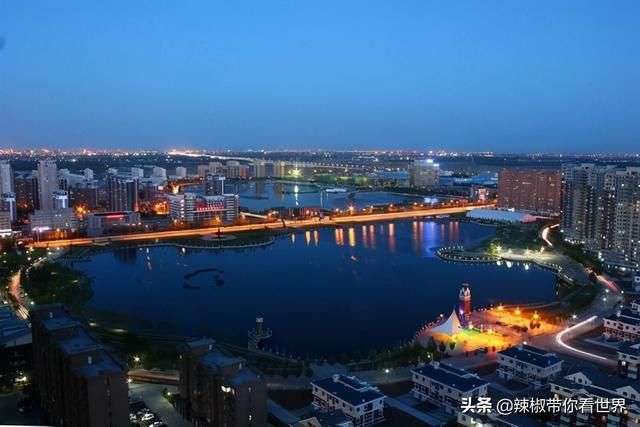
Daqing Baijinbao Yizhi.
By Bus
For travelers looking for a more economical option, long-distance buses run frequently from Daqing to Zhaoyuan County. Buses depart from the Daqing Long-distance Bus Station and take about 1.5 to 2 hours, depending on traffic conditions. Upon arrival at Zhaoyuan County, local taxis can take you directly to Baijinbao Yizhi.
By Car
If you prefer to drive, renting a car can offer you the flexibility to explore the surrounding areas at your own pace. The site is accessible via National Highway 301. Look for signs indicating the direction to Baijinbao Yizhi; the drive will take roughly an hour from Daqing city center.
Local Transportation
Once you arrive at the Baijinbao Yizhi, you can explore the site on foot. The area is relatively compact, and walking allows you to fully appreciate the surrounding landscape and the historical significance of the site.
Regardless of your mode of transportation, be sure to check the schedules and book tickets in advance, especially during peak travel seasons. Enjoy your journey to one of Northeast China’s archaeological treasures!
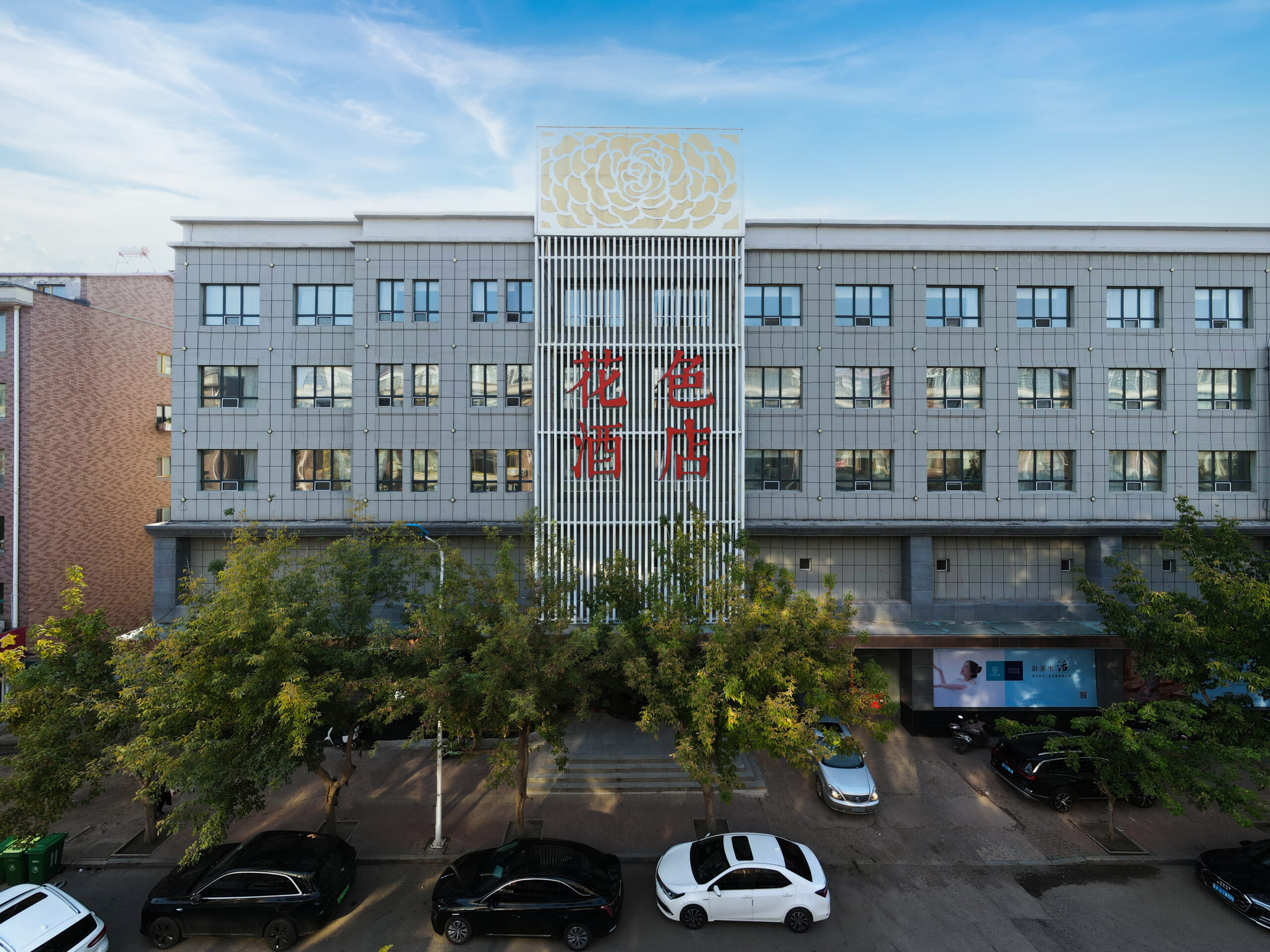
Daqing Baijinbao Yizhi.
Local Cuisine and Accommodation
Visiting Daqing’s Baijinbao Yizhi (白金宝遗址) offers a unique glimpse into ancient Chinese culture, and with that experience comes the need for sustenance and rest. Here are some delightful options for food and accommodation nearby.
Dining Options
- Haihui Pavilion Vegetarian Restaurant (海会阁素食主题餐厅)
- Cuisine: Vegetarian
- Price Range: Approximately ¥30 per person
- Location: About 48 km from the site
-
This charming restaurant offers a range of delicious vegetarian dishes, perfect for those looking to enjoy a light and healthy meal after exploring the archaeological site.
-
KFC (肯德基)
- Cuisine: Fast Food
- Price Range: Around ¥33 to ¥37 per person
- Location: Multiple locations within 46-49 km from the site
-
For travelers in need of a quick bite, KFC provides familiar fast-food options that are reliable and satisfying.
-
Local Hot Pot Restaurants
- Cuisine: Chinese Hot Pot
- Price Range: Varies, typically around ¥50 per person
- Location: Various establishments within Daqing
- Experience the warmth and conviviality of hot pot dining, where you can cook your own ingredients in a bubbling broth, perfect for sharing stories about your day’s adventures.
Accommodation Suggestions
- Zhaoyuan Longming Hotel (肇源龙鸣宾馆)
- Type: Budget Hotel
- Features: Clean rooms, basic amenities, and a welcoming atmosphere
- Price Range: Approximately ¥200 per night
-
Located conveniently close to Baijinbao Yizhi, this hotel offers a comfortable stay without breaking the bank.
-
Xilong Hotel (禧龙宾馆)
- Type: Mid-range Hotel
- Features: Modern facilities, restaurant on-site, and friendly service
- Price Range: About ¥300 per night
-
This hotel is a great choice for those seeking a balance between comfort and affordability, making it ideal for families and solo travelers alike.
-
Local Guesthouses
- Type: Homestay
- Features: Authentic local experience, personalized service
- Price Range: Varies, generally between ¥100 to ¥250 per night
- For a more intimate and culturally immersive stay, consider booking a guesthouse where you can interact with locals and gain insight into the region’s traditions.
By indulging in the local cuisine and finding a cozy place to rest, your visit to the Baijinbao Yizhi can be made even more enriching. Enjoy your culinary and cultural journey in this fascinating part of Northeast China!
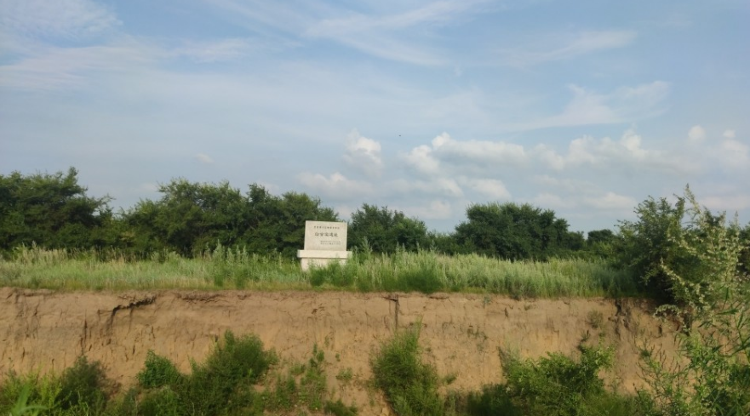
Daqing Baijinbao Yizhi.
Frequently Asked Questions
Frequently Asked Questions about Daqing Baijinbao Yizhi (白金宝遗址)
-
What is the Daqing Baijinbao Yizhi?
Daqing Baijinbao Yizhi, located in Zhaoyuan County, Heilongjiang Province, is an archaeological site dating back to the Bronze Age. It features remnants of ancient structures and artifacts that provide insight into the cultural exchanges between the Songnen Plain and the Yellow River regions of China. -
When was Daqing Baijinbao Yizhi discovered?
The site was first discovered in 1974. Since then, multiple excavations have revealed significant findings, including dwellings, storage pits, and a variety of pottery and tools. -
What can visitors expect to see at the site?
Visitors can explore the extensive archaeological remains, including the foundations of semi-subterranean houses, numerous pottery shards, and artifacts made from bone and shell. Informational signage helps elucidate the historical significance of the site. -
Is there an entrance fee?
While specific pricing may vary, it’s advisable to confirm any entrance fees directly with local resources prior to your visit, as costs can change based on seasonal promotions or events. -
What are the opening hours for Daqing Baijinbao Yizhi?
The site generally operates from 8:00 AM to 5:00 PM, but it’s recommended to check for any changes in hours, especially during holidays or special events. -
Are there any guided tours available?
Yes, guided tours may be available for visitors who prefer a more in-depth understanding of the site. It’s best to inquire about tour options in advance to ensure availability. -
How can I reach Daqing Baijinbao Yizhi?
The site is located approximately 50 kilometers west of downtown Zhaoyuan. Visitors can access the site by car or local transportation services. Maps and directions can be obtained through local tourism offices. -
Will there be a museum at the site?
Plans are in place to establish a museum adjacent to the site, which will showcase the artifacts and provide further context about the Baijinbao culture. This will enhance the visitor experience and promote educational opportunities related to the site’s historical significance.
Final Thoughts on Your Trip
Visiting the Daqing Baijinbao Yizhi is not merely a journey through ancient ruins; it is a profound exploration of China’s rich cultural tapestry. This archaeological site, dating back to the Bronze Age, serves as a vital link to understanding the historical narratives that have shaped the region. The remnants of ancient dwellings, pottery, and artifacts that echo the lives of those who once thrived here reveal a story of resilience, innovation, and cultural exchange.
As you walk through the grounds of this remarkable site, imagine the bustling activity that once filled the air—families cooking, artisans crafting, and traders exchanging goods. The ongoing efforts to preserve and celebrate Baijinbao’s heritage, including plans for a dedicated museum, promise to illuminate its significance for future generations.
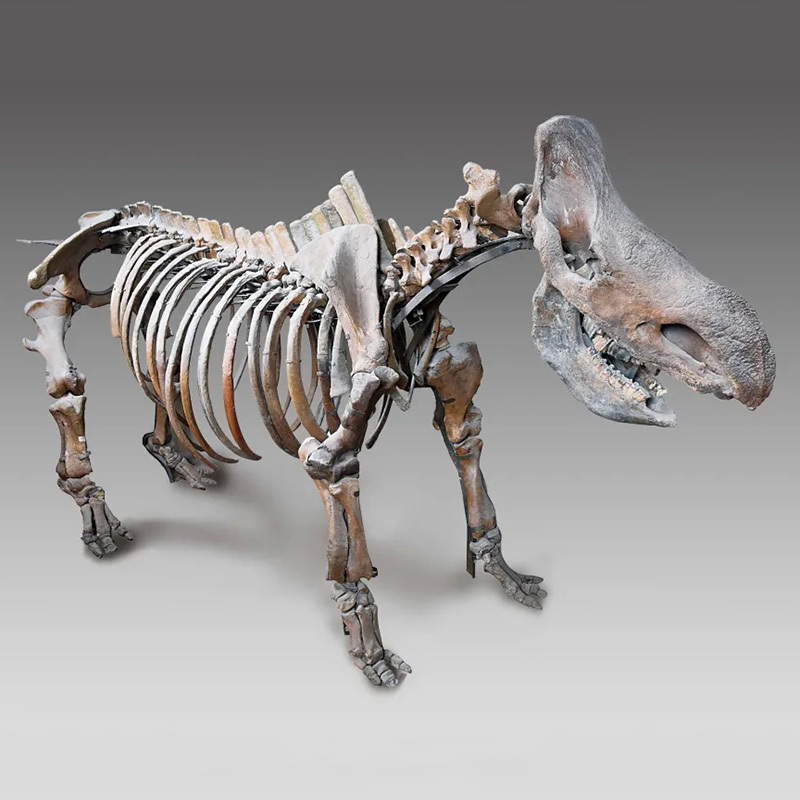
Daqing Baijinbao Yizhi.
Whether you are an archaeology enthusiast, a history buff, or simply a curious traveler, the Baijinbao Yizhi invites you to connect with the past and reflect on the intricate threads that bind us all. Embrace the opportunity to witness history firsthand, and let the echoes of the ancients inspire your own journey into the future.
